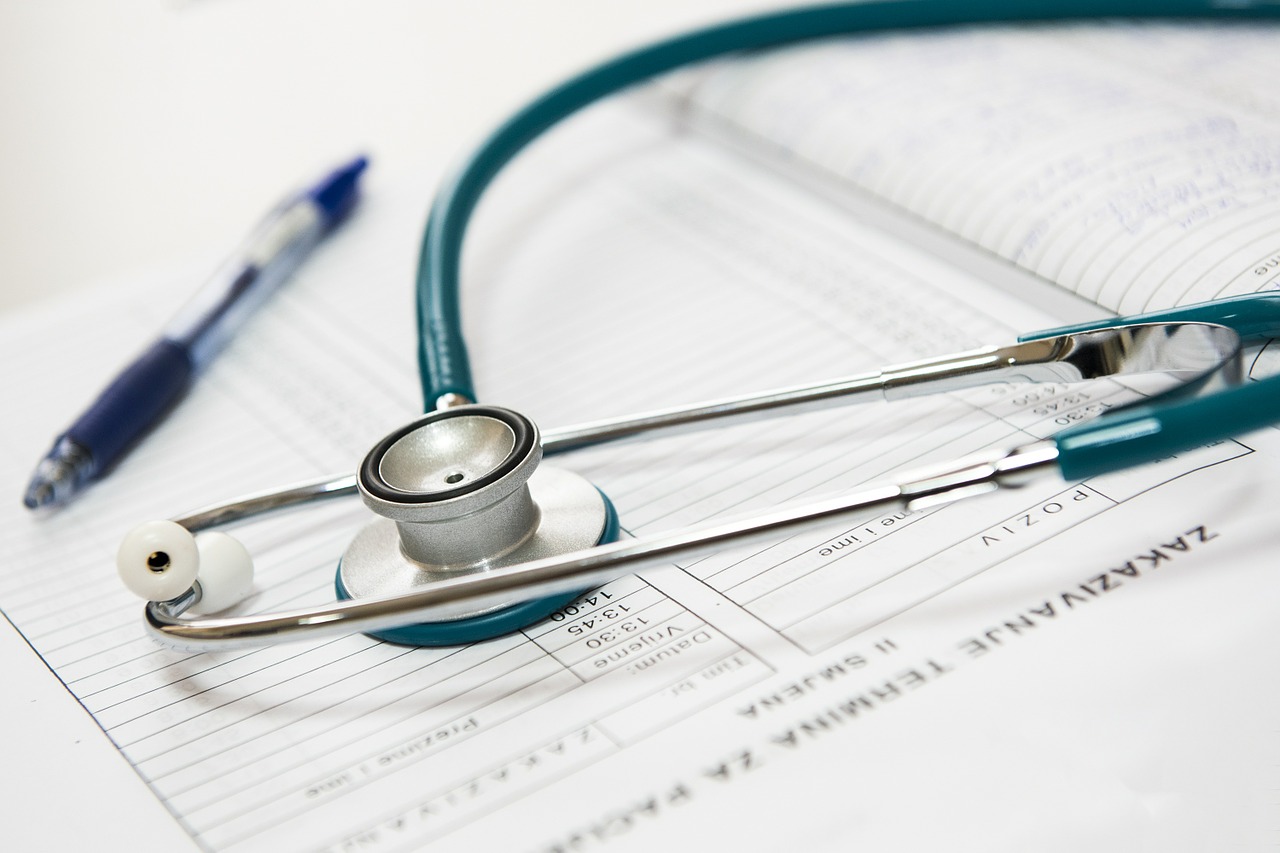Last week we were in Manchester for the National Cancer Registration and Analysis Service’s (NCRAS) annual Cancer Data and Outcomes Conference.
The conference was a huge success and we welcomed over 400 delegates from 160 different organisations.
The two-day event saw talks from people working across a range of disciplines, all linked by a common dedication; to improve the research, diagnosis and outcomes of people affected by cancer.
The conference is one of the most important forums for cancer patients, carers, doctors, researchers and policy makers to come together to discuss the use of data in improving the outcomes for patients along all points in cancer care - from prevention, diagnosis, treatment through to quality of life and end of life care
During the opening plenary, we heard from Mark Davies, bowel cancer survivor, who stressed that the consequences of cancer are just as important as outcomes.
His talk was an inspirational account of how having access to the right data, and communicating it effectively, can make a huge difference to patient experience and the decisions an individual might make about their care.
There were also exciting presentations from our cancer charity partners. A successful partnership between Teenage Cancer Trust and NCRAS presented the first set of data for cancer amongst 13-24 year olds.
It showed the increasing numbers of some cancers in this group, but also that mortality rates are falling.
Data from the NCRAS-Macmillan partnership revealed that people with cancer are spending on average 20 days attending hospital in the first year after diagnosis.
Women with breast cancer, and children aged under 15, had the longest average hospital use, which reflects the way treatments are delivered.
This data can help health professionals, patients and their loved ones know more about what to expect when they’re first diagnosed with cancer, and how they can manage their lifestyle around it.
From our partnership work with Cancer Research UK we presented the emerging results from the National Cancer Diagnosis Audit which suggests that 38% of patients had no primary care led investigation prior to referral for their cancer diagnosis.
By 2020, nearly half of us born in 1960 will be living with a diagnosis of cancer. Our ability to detect cancer earlier, to understand why some people get it and others not, to find the right treatment and cures for each person requires high quality, accurate data on every case.
Our conference draws on the expertise of people working with cancer registry data to drive these improvements but this would not be possible without the patient data in the first place.
Patient and carer presence at the conference is invaluable and this year over 60 patients and carers attended to share their experiences and to ensure that their message about the importance of using patient data to improve cancer outcomes was heard.
We look forward to seeing you at next year’s conference.

